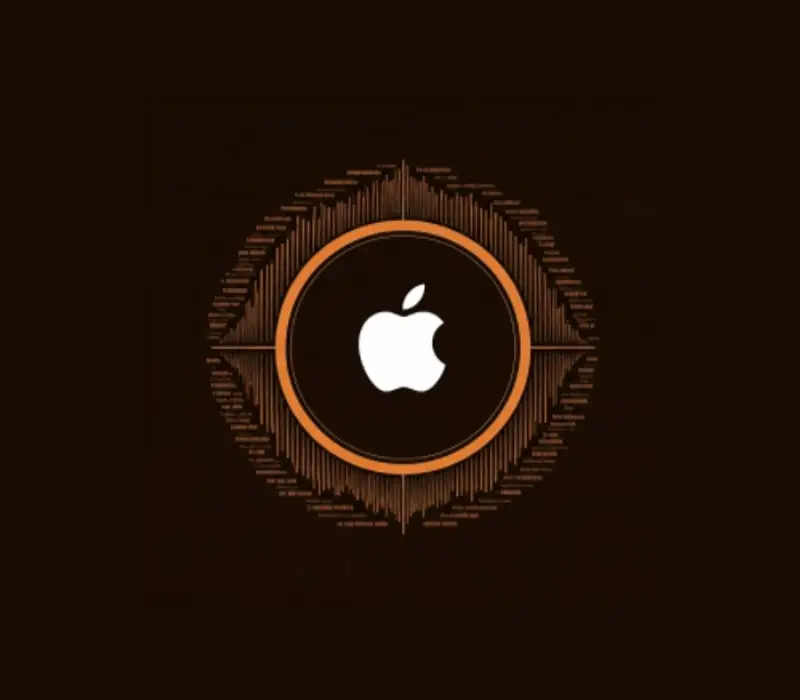How Apple Music Innovations are Shaping the Future of Audio

In the constantly evolving world of digital audio, Apple has consistently been at the forefront of innovation. From the launch of iTunes to the rise of Apple Music, the company has transformed how people discover, experience, and engage with music. Apple Music, paired with cutting-edge audio technologies such as Spatial Audio and Lossless Audio, is revolutionizing the listening experience and setting new industry standards.
A New Era in Audio Technology
Apple's focus on immersive audio experiences represents a significant shift in the music streaming industry. By integrating high-resolution and spatial audio capabilities, Apple Music offers listeners an experience that transcends traditional stereo formats.
One of the groundbreaking technologies introduced by Apple Music is Spatial Audio with Dolby Atmos. This technology creates a three-dimensional soundscape, allowing artists to produce music that surrounds listeners from every direction. Unlike conventional audio tracks, Spatial Audio transforms the listening experience by placing instruments and vocals in specific locations within the virtual space.
Key Innovations in Apple Music
- Spatial Audio: Introduced in 2021, Spatial Audio provides a surround-sound experience on compatible Apple devices, including AirPods and Beats headphones. Listeners can experience music in a more immersive way, as if they are standing in the middle of a live concert.
- Lossless Audio: Apple Music introduced Lossless Audio streaming to ensure that users hear music exactly as artists recorded it in the studio. Lossless Audio preserves every detail of the original recording, offering unprecedented sound quality.
- Adaptive EQ: With the release of AirPods Pro and AirPods Max, Apple integrated Adaptive EQ technology, which adjusts sound frequencies in real-time based on the shape of the listener's ear. This ensures a richer, more consistent listening experience.
- Dynamic Head Tracking: Spatial Audio becomes even more immersive with Dynamic Head Tracking. This technology adjusts sound positioning based on head movements, creating a more lifelike audio experience, particularly during video and FaceTime calls.
How Apple Music is Changing Listening Habits
Apple Music's innovations are not just reshaping the quality of audio but also transforming how users interact with music. Personalized playlists, curated content, and algorithm-driven recommendations keep users engaged and encourage music discovery. Features like Apple Music Sing, which allows users to sing along with their favorite tracks in karaoke-style, add new dimensions to music enjoyment.
Impact on Artists and the Music Industry
For artists, Apple Music opens up creative possibilities that were previously unimaginable. With Spatial Audio, musicians can craft immersive audio experiences, bringing listeners closer to the music than ever before. Apple Music also provides tools like Apple Digital Masters, which ensures the highest quality of audio production and distribution.
By offering higher royalty rates for Lossless Audio streams, Apple Music incentivizes artists to adopt new technologies, driving the industry towards higher-quality audio standards. This shift benefits not only the artists but also listeners who demand the best sound quality.
The Role of Hardware in Enhancing Audio Experiences
Apple's ecosystem of hardware products plays a crucial role in delivering next-level audio experiences. Devices such as AirPods Pro, AirPods Max, HomePod, and iPhone are optimized to support Spatial Audio and Lossless Audio, ensuring seamless integration across the Apple ecosystem.
- The AirPods Pro (2nd generation) and AirPods Max are equipped with high-fidelity drivers and computational audio technologies that enhance every note, while the HomePod offers room-filling sound with multi-room audio synchronization.
Looking Ahead: The Future of Audio Innovation
Apple's continuous investment in audio technologies hints at even more revolutionary developments on the horizon. As virtual and augmented reality (VR/AR) platforms gain traction, Apple Music could integrate audio innovations to create fully immersive virtual concert experiences.
Moreover, advancements in artificial intelligence (AI) and machine learning are likely to enhance personalized music recommendations further. Apple’s commitment to pushing the boundaries of audio ensures that the future of listening will be more dynamic, immersive, and interactive than ever before.
Through Apple Music and its associated technologies, Apple is not only shaping the future of audio but also setting new benchmarks for the entire industry. The innovations introduced today are paving the way for a richer, more engaging musical experience for generations to come.